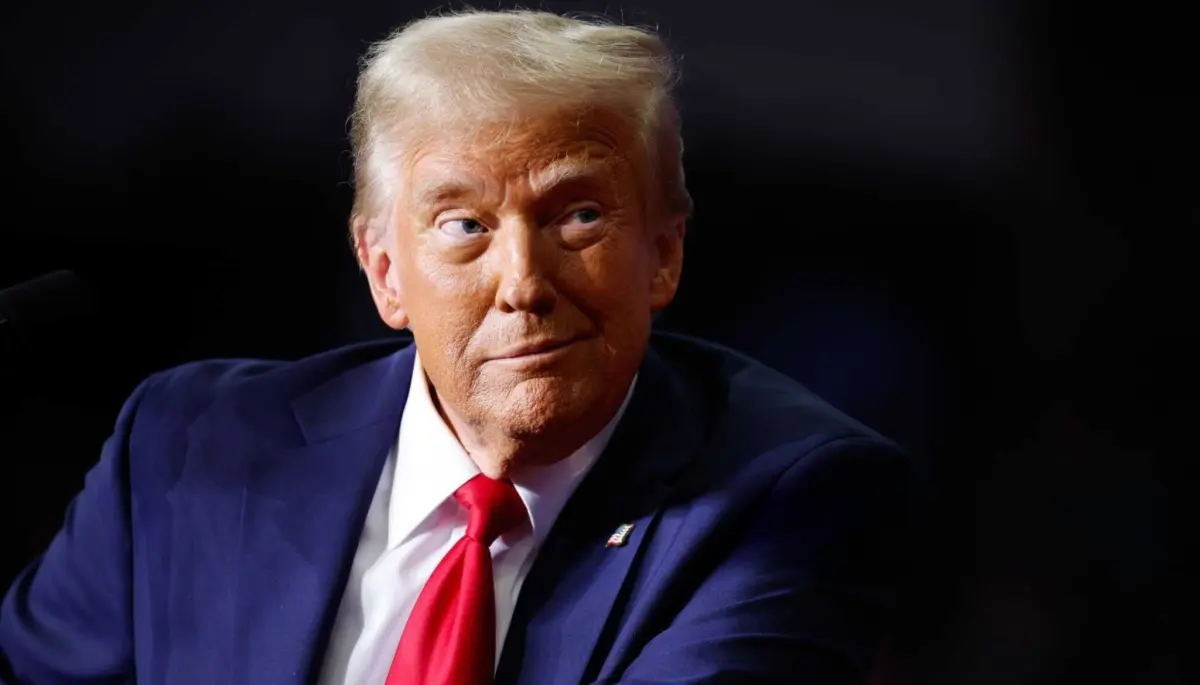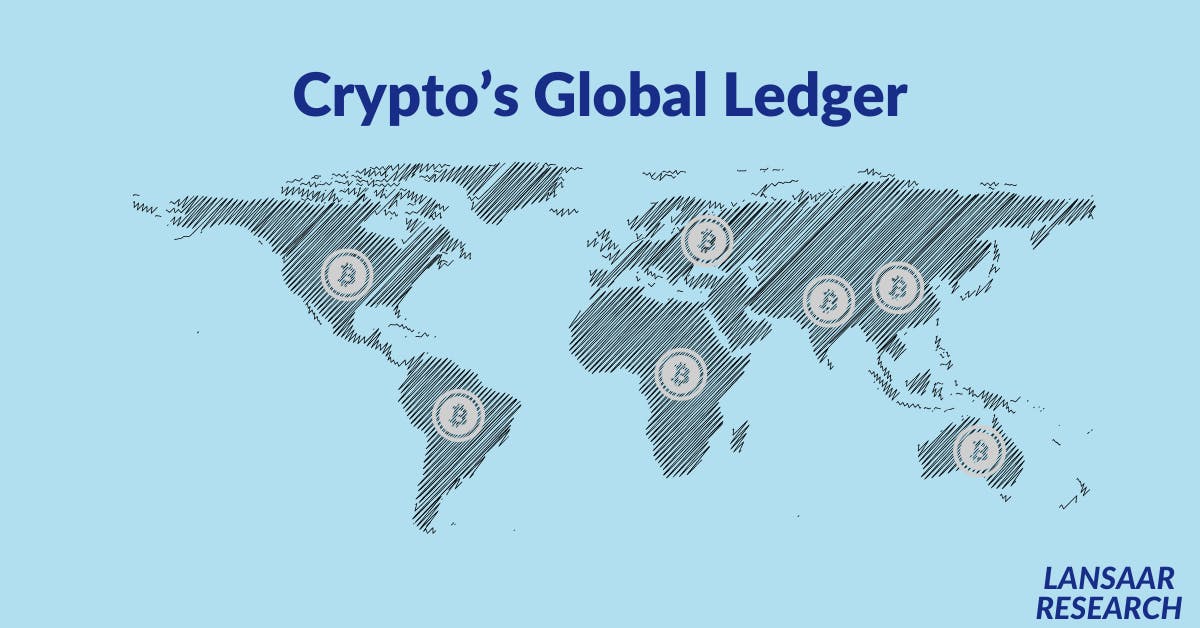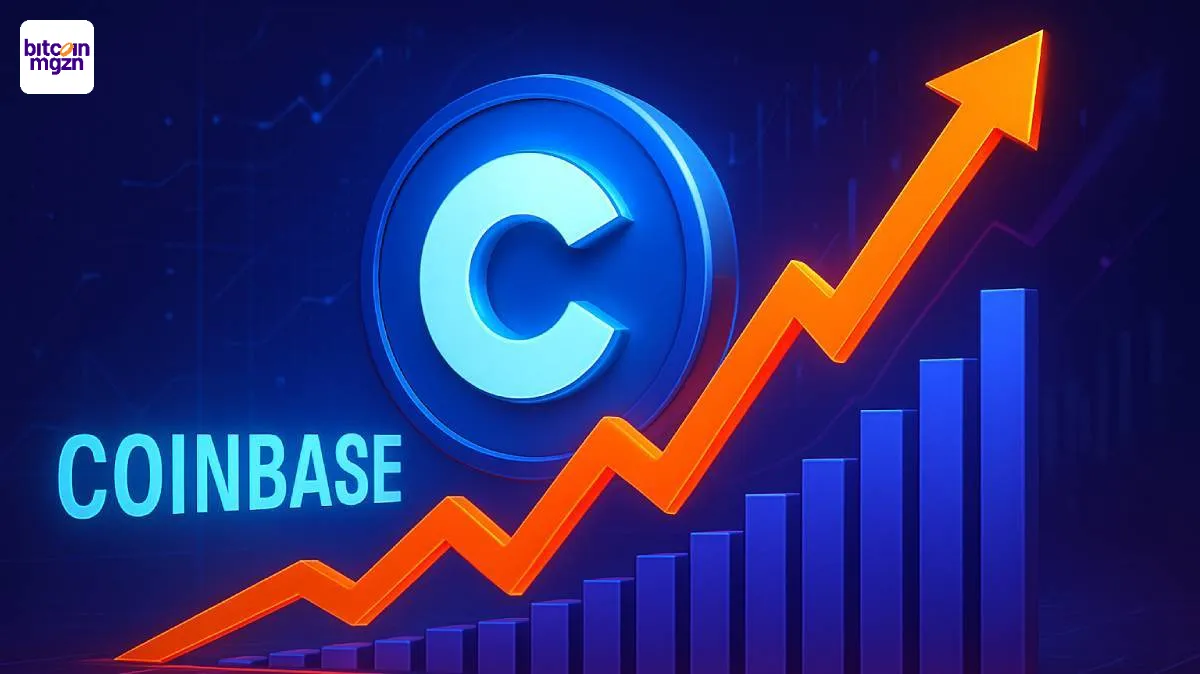Donald Trump’s Memecoin Controversy Sparks Community Debate
The recent launch and subsequent performance of Donald Trump’s memecoin, named Official Trump, have ignited conversations about cryptocurrency’s impact on modern politics and ethics. The memecoin, introduced on January 17, 2025, just days before Trump’s inauguration, reached an impressive peak value of $73.43 on January 19, 2025, according to CoinGecko.
Interview Insights: Confusion and Criticism
During an interview presented on NBC’s Meet the Press on May 4, 2025, journalist Kristen Welker probed Trump about his involvement with this cryptocurrency. This interview has drawn significant attention, with nearly a million views since its release.
One of the central questions addressed Trump’s potential profit from the memecoin, particularly from his position as president. Trump responded emphatically, claiming he is not making any profit, stating, “I don’t gain anywhere from it.” Welker pressed further, questioning whether Trump earns nothing from the cryptocurrency. Trump’s responses were somewhat evasive, implying he had not closely monitored the coin’s performance.
The Financial Upsurge and Broader Implications
According to a March analysis from the Financial Times, Trump’s memecoin venture has generated around $350 million, with $314 million going to individuals associated with the project and $36 million attributed to operational costs. This staggering figure has intensified criticisms, suggesting that Trump’s activities could conflict with his presidential duties, raising ethical questions about how public office holders balance personal financial interests with their roles.
Even members of Trump’s own Republican party, including senators Cynthia Lummis and Lisa Murkowski, have voiced disapproval, describing a recent fundraising dinner with leading memecoin investors as a potential conflict of interest, or even a reward system for cryptocurrency holders.
The Question of Accountability: Crypto Earnings and Governance
In a surprising turn during the interview, Welker asked whether Trump considered returning his crypto earnings to the government. The former president admitted he hadn’t contemplated this idea, indicating uncertainty surrounding accountability in his financial dealings as a public figure. This points to a larger conversation regarding how political leaders handle personal investments amidst their governance responsibilities.
A Special Offer Amidst Pumping Value
Further complicating the narrative, the memecoin experienced renewed interest following Trump’s proposal of a dinner with high-profile investors. Notably, Trump seemed unaware of his coin’s recent valuation surge during the interview. This lack of awareness raises the question of how actively involved he truly is in the performance of his cryptocurrency.
As the community continues to scrutinize the relationship between the cryptocurrency market and political integrity, the unfolding developments surrounding Trump’s memecoin provide a compelling case study of the intersection between finance and governance. It highlights the need for clearer regulations and standards concerning how public figures engage with digital currencies.



